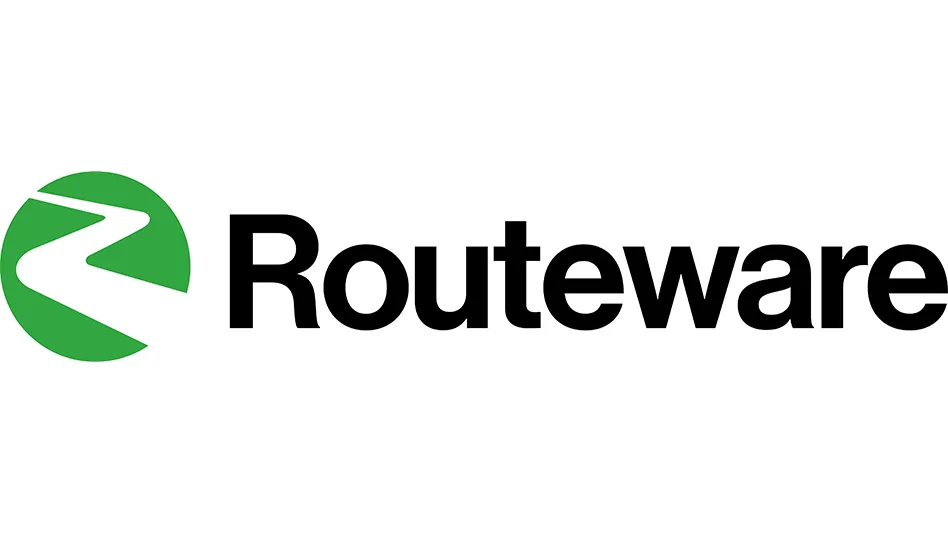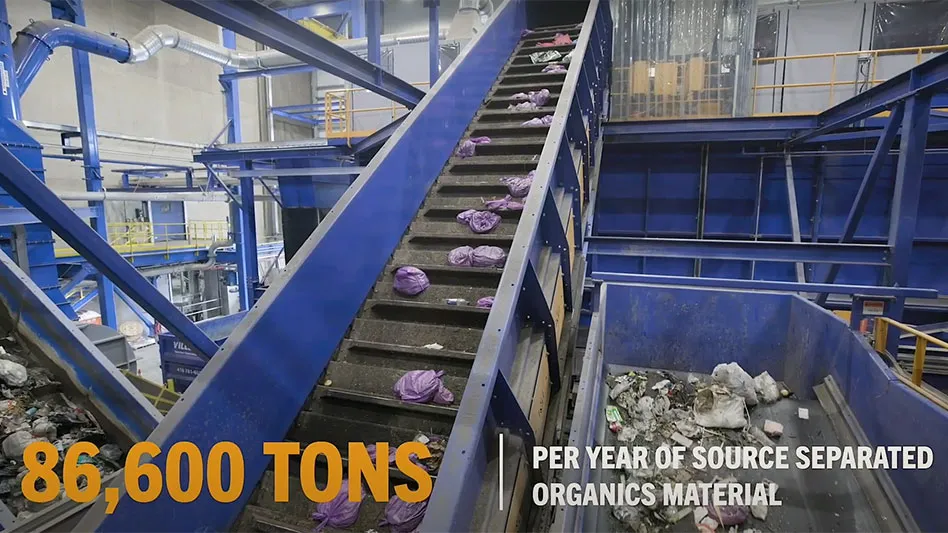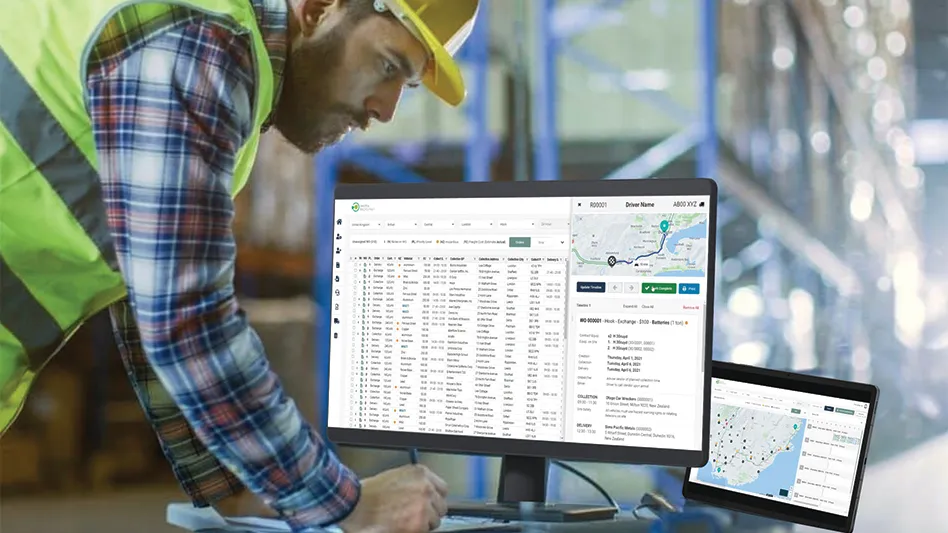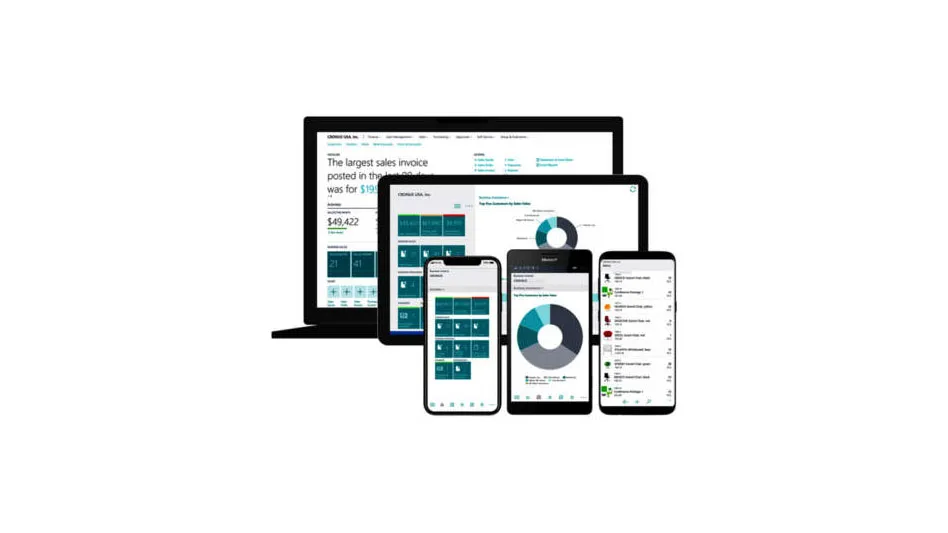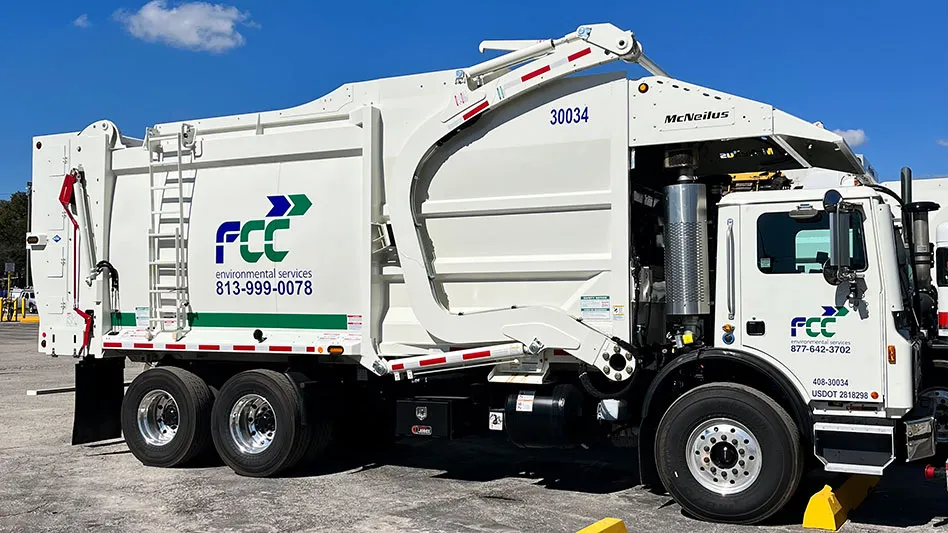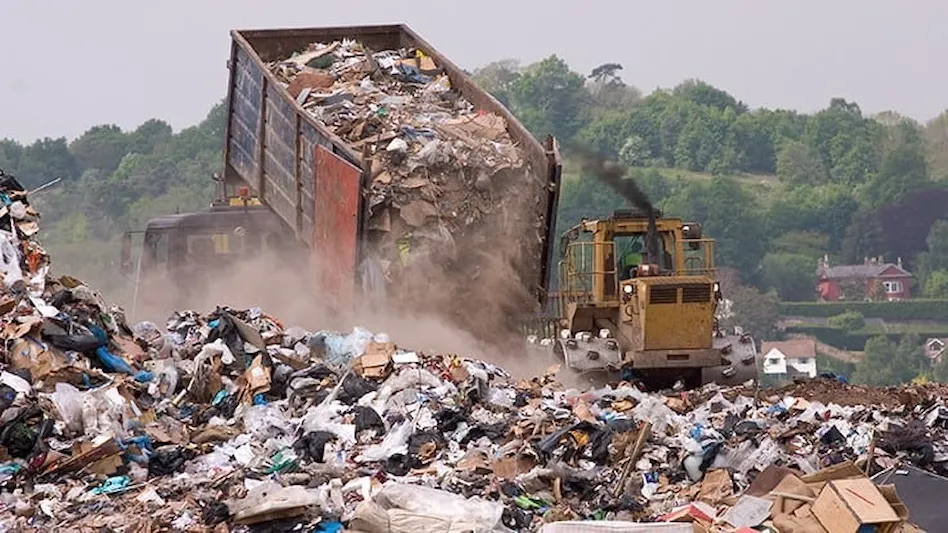
Operators of the Westmoreland County Landfill in Rostraver Township, Pennsylvania, have agreed to pay a $25,000 civil penalty to settle alleged violations involving trucking and acceptance of waste on numerous occasions in 2019, reports the Pittsburg Post-Gazette.
The settlement agreement, announced April 28 by the state Department of Environmental Protection, also requires Westmoreland Sanitary Landfill LLC and County Hauling to fund $25,000 worth of environmental cleanup projects in environmental justice communities.
According to the DEP, County Hauling—a Belle Vernon-based hauling company—on numerous occasions during the first six months of 2019 used two unauthorized trucks to transport waste to the landfill and the landfill accepted the waste for disposal.
The DEP also assessed a $27,500 civil penalty for dirt and mud tracking violations on township roads around the landfill on numerous days between Dec. 2, 2020 and Feb. 2, 2021. Other alleged landfill violations resulted in enforcement actions in October and February 2020.
Ro Rozier, a spokeswoman for the landfill and hauling companies, told the Post-Gazette in an emailed statement that the trucking violations were due to an “administrative oversight” in which waste hauling stickers were not obtained for two trucks rented to supplement County Hauling’s fleet of more than 150 trucks. She said all trucks now have Act 90 stickers.
The stickers are part of the state’s Municipal and Residual Waste Transportation and Safety Program, which requires all waste transportation vehicles transporting municipal or residual waste to waste processing or disposal facilities in Pennsylvania to have a valid Waste Transporter Authorization.
The law prohibits processing and disposal facilities from accepting waste from waste transportation vehicles that do not have a valid authorization.
Ms. Rozier also said the companies’ commitment to fund local cleanup projects “is an illustration of the company’s continued commitment to improving the environment.”
The DEP at first sought a $40,000 civil penalty for the trucking and waste dumping violations but agreed to the companies’ request to accept a community environmental project or projects for a portion of the penalty.
Under the terms of the consent agreement, the hauling and landfill companies have five years to provide $25,000 in free landfill disposal and waste transportation services for cleanup projects identified by DEP in environmental justice communities.
The “EJ communities,” as they are known, are defined as a census tract where 20 percent or more individuals live at or below the federal poverty line, and/or 30 percent or more of the population identifies as a non-white minority, based on data from the U.S. Census Bureau and the federal guidelines for poverty. There are three of those near the landfill.
The civil penalty will be deposited in the state’s Waste Transportation Safety Account.
Latest from Waste Today
- Bioenergy Devco honored at SEAL Awards
- AMCS showcasing Performance Sustainability Suite at WasteExpo
- New Way and Hyzon unveil first hydrogen fuel cell refuse truck
- NWRA honors award recipients during annual breakfast at WasteExpo
- Rubicon selling fleet technology business, issuing preferred equity to Rodina Capital
- Machinex to feature virtual tour of Rumpke MRF at WasteExpo
- Reworld releases 2024 sustainability report
- Novolex invests in Ozzi
